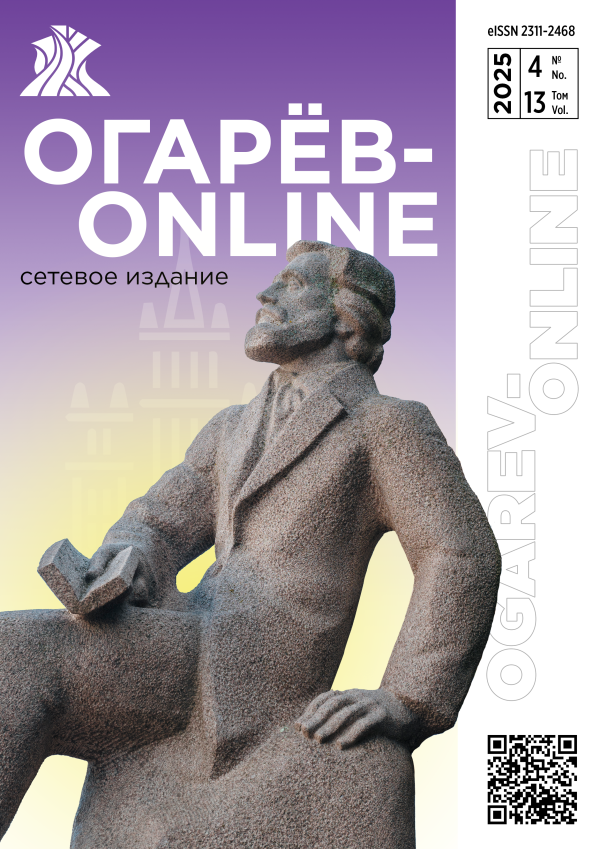Vol 3, No 5 (2015)
- Year: 2015
- Published: 10.02.2015
- Articles: 10
- URL: https://ogarev-online.ru/2311-2468/issue/view/18945
Full Issue
Implementation of competence-based approach in clinical legal training
Abstract
The authors attempt at revealing the features of competence-based approach when training law students in legal clinics. In this connection, self-organization of students-clinicians and interactive clinical training are characterized, and the qualities of students gained as a result of the competent training are considered. The study emphasizes the significance of ethical requirements for the formation of a competent clinic lawyer.


Functions of legal clinic
Abstract
This article is devoted to the study of various functions of the legal clinic. The paper analyzes the educational, social, educational, communication, research functions of legal clinics. Considerable attention is given to the educational and social aspects of clinical legal education.


Cooperation of legal clinics with state power bodies and public organizations
Abstract
The article consider cooperation of legal clinics with state power bodies and public organizations. The study is based on the experience of legal clinics at Mordovia State University, Smolensk State University, and Saratov State Law Academy. The authors point out the current problems in the field and offer their solutions to them.








International practices of organizing of clinical legal training
Abstract
The article considers the features of organizing and functioning of legal clinics and pro bono legal advice abroad. The study is based on the experience of USA, Poland, Japan, and the Netherlands. A comparative analysis of organizing of assistance to legal clinics in a number of countries is presented. Consequently, the authors suggest borrowing the most successful international practices.


Legal expenses insurance in European countries
Abstract
The article analyzes the way the legal expenses insurance system is organized and functioning in a number of European countries. The authors conclude that insurance is an effective mechanism of guaranteeing civil rights. They also consider the European experience should be used while determining directions of national legal policy and improving the legal system of Russia.


Cooperation of legal clinics
Abstract
The article considers the ways of cooperation and association of legal clinics of Russia in order to solve the modern problems in clinical legal training. The authors study the current state and prospects of normative regulation of legal clinics’ activities.


Cooperation of state and non-state systems of pro bono legal aid
Abstract
The article analyzes the state and non-state systems of pro bono legal aid. Particularly, the types and forms of their cooperation are considered. The authors present a classification of agreements between representatives of the systems and forms of cooperation between them.

















